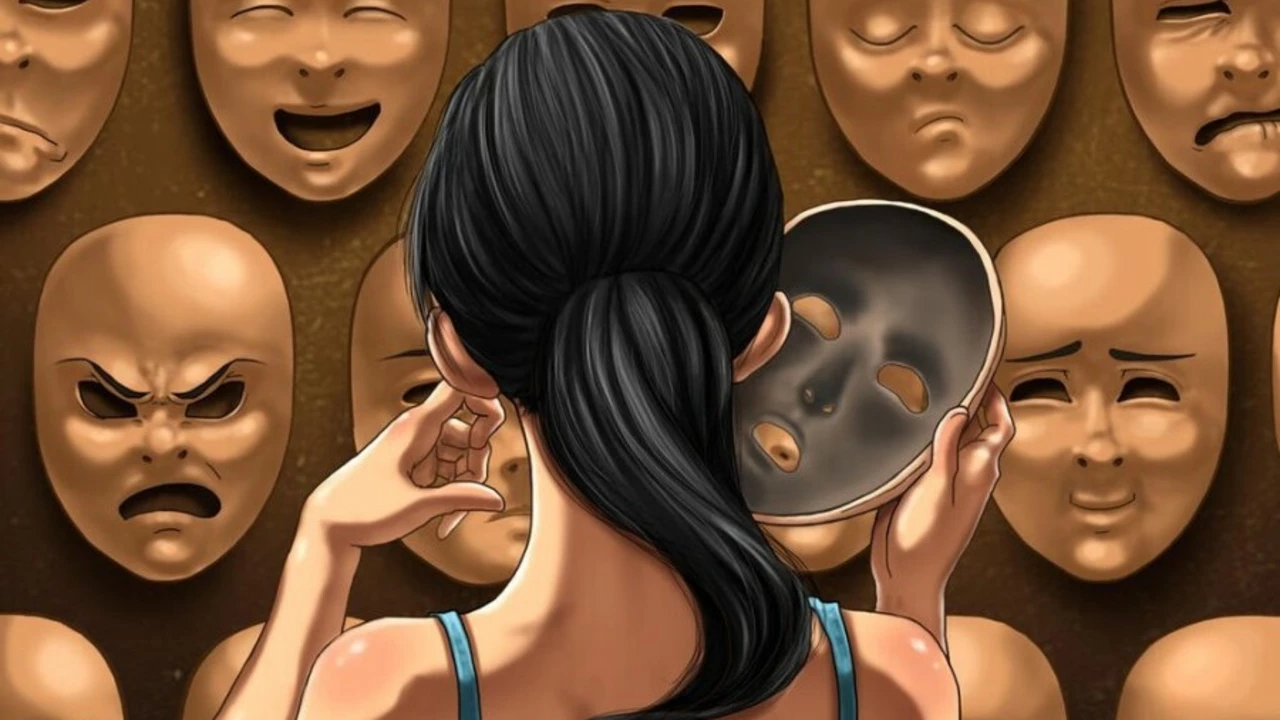How does art reflect society?

The Mirroring Magic: Art Reflecting Society
The concept that art is a reflection of society isn't groundbreaking. Rather, it is fundamental, primal even. Ever since prehistoric humans started smearing a rough blend of different soils and animal fats to birth what we now call cave paintings, the intimacy between art and society has been apparent. As complex societies and civilizations emerged, the art mirrored each eon. Be it a careful depiction of a maddening religious ceremony by the Mayans or a strikingly accurate portrayal of the French Revolution, it was all captured in the brilliance of art. The relationship between art and society is not just the marriage of a mirror and reflection; it’s a multi-layered bond. Before we delve into the labyrinth of this bond, let's structure our exploration.
Art as a Historical Chronicle
Art preserves the footprint of human culture and society. Encompassed within each stroke of paint, or each stroke of the chisel, are tales of our ancestors, their joy, their suffering, their struggles. When we thumb through classical art, we see the stark socio-political dynamics and cultural pulses of bygone centuries. Take me, for example. I remember my high school history teacher discussing the Renaissance. Now, I was a typical teenage goofball back then, more interested in comics than dusty textbooks. But my teacher, Mrs. Todder, she had an ace up her sleeve - she brought the Renaissance to life with art. See, not everyone boasts a PhD. in History, but everyone has eyes. Thus, art is the universal medium that makes history tangible and easily digestible.
An Expression of Current Society
It’s not just about the past, historical relics, or ancient civilizations. What about the humdrum of our times, our society? Art plays a pivotal role here. A casual stroll down your local street art scene can paint volumes about the underbelly of your society. Art casts a spotlight on underrepresented corners of society and gives a platform to the unsaid. Fun fact, do you remember Banksy, the anonymous English street artist? His work serves as a sharp critique of our modern society. Check his pieces out; they're powerful stuff!
Art for Social Movements and Causes
The most robust statements often don’t come wrapped in long sentences. They come embodied in art. It has a unique power to stir up emotions, provoke thought, and motivate action. Be it a potent civil rights poster or the iconic peace symbols of the Hippie movement. My own tryst with this interstice of art and society came when I joined a climate action movement in Denver. Instead of banners filled with statistical data, we used art. Beautiful yet stirring images depicting the contrast between the current degradation and the splendor we used to have. True to what Picasso said: "Art washes away from the soul the dust of everyday life”. Our art moved people. Provoked them. Stirred them. Here's the thing, though — art doesn't just mirror society; it creates waves within it, steering it towards change.
Art as a Medium of Emotional Catharsis
Art mirrors society’s unspoken emotional milieu. It channels the collective joys, grievances, fears, and hopes of a society. It becomes an outlet for individuals to express what they can’t voice. At the same time, it becomes a comfort zone for those grappling with the same emotions. For instance, take films - a popular medium of art in modern times. From rom-coms echoing society's lighter side to dystopian cinema channeling existential dread, films reflect our societal pulse. Another fun fact - did you know that comedies usually experience a significant spike during times of economic recession? It’s society's way of dealing with crisis.
Influence of Art on Society: Reflecting and Shaping
In every breath that art takes in society's essence and recreates it for others to feel and understand, it also breathes into society an essence unique to itself. It's not a secret that society influences art, but does art influence society in return? Absolutely. Good art can instigate good conversations and insightful reflections. It can inspire societal changes, kindle revolutions, and mold ideologies. Art doesn’t just reflect society, it has the power to reshape it as well.
Conclusion: Art Reflecting Society - A Reciprocal Realm
In the end, though, the relationship between art and society is not just linear. It isn't one where society simply preens before the mirror of art. It's a reciprocal realm where society influences art, art reflects society, and in doing so, art inch by inch, shapes society. There's a splendor in how art reflects society; it’s like seeing oneself in the mirror but through someone else's eyes. It’s the same reflection but perceived with a new clarity. It is what makes art an indispensable thread in the tapestry of society.